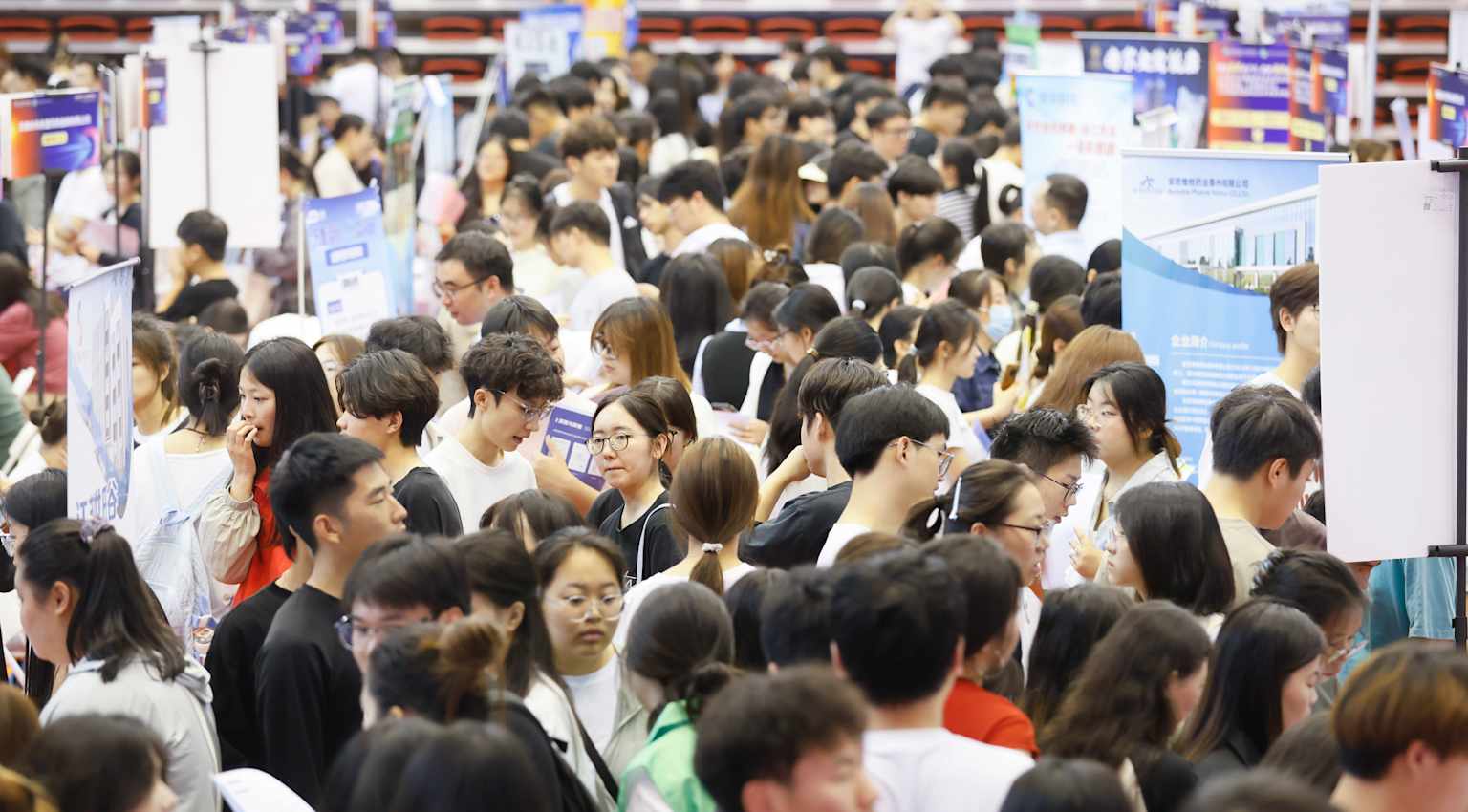- Sharp Decline in Hiring
- Multiple Pressures Converge
- Reality Check for Graduates
Recent college graduates are confronting their worst job prospects in more than a decade, with unemployment among new degree holders reaching levels not seen since the aftermath of the Great Recession, according to federal data and multiple industry reports.
The unemployment rate for college graduates with bachelor's degrees jumped to 6.1% in May, up from 4.4% the previous month, Federal Reserve data shows. For workers aged 22 to 27 with college degrees, joblessness has climbed near 6% — above the national unemployment rate of 4.2% — marking the first time in 45 years that college graduates face higher unemployment than the general population.

The job market deterioration reflects a broader freeze in entry-level hiring. New graduate hiring is forecast to drop 16% this year compared to 2024, with May and June hiring rates reaching just 4.8% — 44% lower than the same period in 2022, according to payroll platform Gusto1.
"The labor market is frozen, these seats are not necessarily opening up for these workers, and that is disproportionately impacting these younger workers," Cory Stahle, an economist at the Indeed Hiring Lab, told Business Insider2.
Recent college graduates account for 12% of the 85% rise in national unemployment since mid-2023, despite representing only 5% of the total labor force, Oxford Economics reported3.
The hiring slowdown stems from several converging factors. Artificial intelligence advances are eliminating many entry-level tasks traditionally assigned to new graduates, with 62% of Class of 2025 respondents expressing worry about AI's impact on their job prospects1.
Economic uncertainty from the Trump administration's tariff policies has made businesses reluctant to expand their workforce2. The federal government's elimination of an estimated 260,000 jobs since January has also reduced opportunities, particularly affecting political science majors1.
The technology sector, which hired aggressively during the pandemic, has pulled back sharply. Computer science majors face particular challenges despite their field being among the fastest-growing undergraduate programs3.
More than half of recent graduates — 52% — are underemployed, working in jobs that don't require a college degree1. Many are adjusting their expectations, with fewer than half of Class of 2025 graduates maintaining the same career goals they had entering college2.
"I never imagined it would be this difficult just to get a foot in the door," said Palwasha Zahid, 25, who completed a master's degree in data analysis in December but remains unemployed near Silicon Valley3.
Despite the challenges, starting salaries for those who do find work have risen 3.8% year-over-year, outpacing inflation4.


